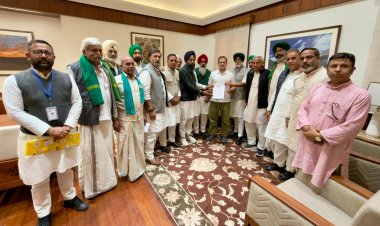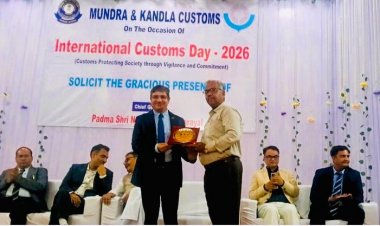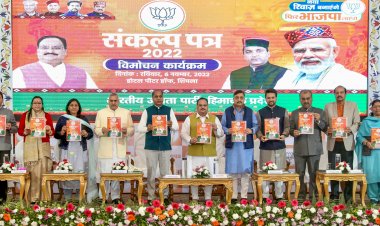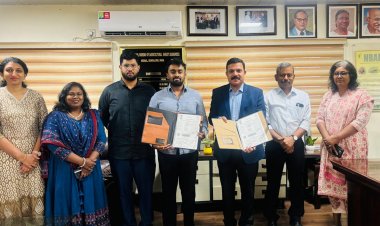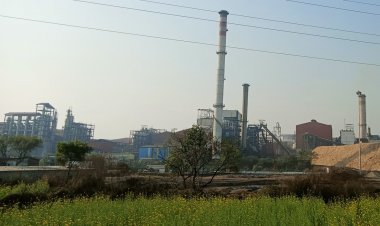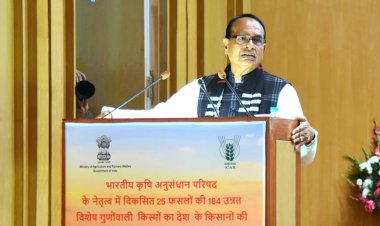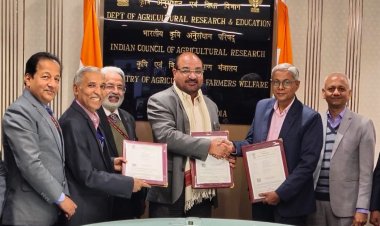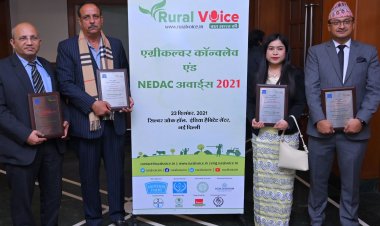Government bans use of four pesticides including controversial monocrotophus
The notification banning four highly hazardous pesticides has been published by the government on Friday. The banned insecticides are - Dicofol, Dinocap, Methomyl and Monocrotophos. The ban order was notified in the Gazette in September, but published on Friday.
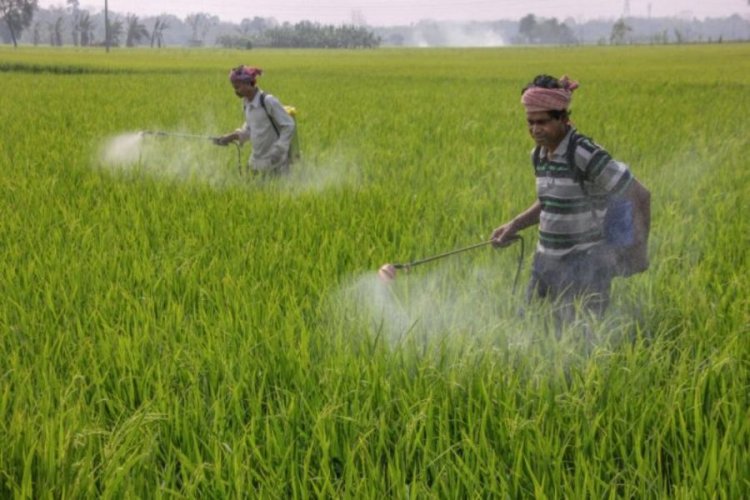
The notification banning four highly hazardous pesticides has been published by the government on Friday. The banned insecticides are - Dicofol, Dinocap, Methomyl and Monocrotophos. The ban order was notified in the Gazette in September, but published on Friday.
Monocrotophos has been named in several pesticide poisoning cases across India, including in the infamous Yavatmal pesticide poisoning episode, in 2017. Maharashtra Association of Pesticide Poisoned Persons (MAPPP) has been advocating for a ban on this and other pesticides involved in deaths and injuries to farmers and farm labour.
In fact, Maharashtra government has written a letter to the Union Government of India to ban this and 4 other pesticides. There was no response from the government of India to that letter. Even the latest order has not banned outright, but qualified the ban with conditions. Government of India gives a window period of one year, for farmers to move towards alternatives.
It also says, “sale, distribution or use of Monocrotophos 36% SL shall be allowed only for clearance of existing stock till its expiry period.” There is ambiguity in this language which can be used to build stocks in this window period of 1 year, enabling the continued use of Monocrotophos beyond the 1 year period and until the stocks are cleared.
Meanwhile, Pesticide Action Network (PAN) India welcomed the ban on these four pesticides, especially the addition of monocrotophos, as it represented for its inclusion in the ban list, subsequent to the draft order published in February, 2023.
Dr. Narasimha Reddy, public policy expert says that “this ban almost coincides with the recently concluded negotiations at the Fifth International Convention on Chemicals Management (ICCM5) in Bonn, and the emergence of Global Framework of Chemicals, and the target to eliminate Highly Hazardous Pesticides (HHPs) by 2035, among others”.
A specific line banning manufacture of Monocrotophos (all its formulations) is required, PAN said in a press release.
“There is no rational for label change, and not outright ban as represented by us and recommended by the Expert Committee. Label change is mearly a technical matter which does not have any implications in the field use, given that many pesticides in the country have been recommended beyond the approved use of pesticides in the country by Agriculture Universities and Commodity Boards, and actual field use is happening on many more crops as well as non approved pesticides have been detected among agriculture commodities in residues analysis”, said A. D. Dileep Kumar, CEO of Pesticide Action Network India.
While, PAN India appreciated the efforts of Government of India on banning some pesticides, it felt that the recent developments of appointing committees after committees, following the 2020 Draft ban notification, to review regulatory decisions is a process of watering down the regulatory outcomes to satisfy the profit motive of the agrochemical industry, undermining public health and environmental well being.
PAN India urged the Government of India to urgently ban the remaining pesticides listed in the 2020 draft order that proposed banning of 27 pesticides since the Expert Committee and the Registration Committee found that their use is likely to involve risk to human being and animals.



 Join the RuralVoice whatsapp group
Join the RuralVoice whatsapp group

















